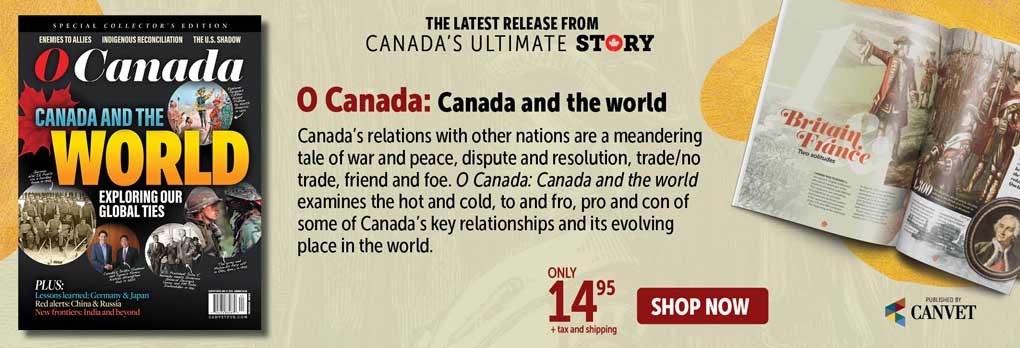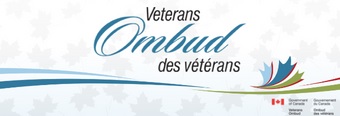Soldiers are not props
In the aftermath of the First World War, The Royal Canadian Legion was founded by returning soldiers who realized they were not getting the government assistance they felt they had earned. They banded together to represent their interests because they believed no one else would.
At Legion Magazine, we devote a lot of space to Canada’s military history, and this issue is no different. It features stories about Canada’s role in the Pacific theatre at the conclusion of the Second World War, a pictorial commemorating the start of the Battle of Britain, and a look at the role of the Princess Patricia’s Canadian Light Infantry in Ypres, Belgium, in 1915.
However, we also report on issues faced by soldiers themselves after they’ve fought and returned home. In the past few years, we have tracked the ongoing struggle of modern veterans to attain the care and assistance they have earned through their service. In the past year, this struggle has reached a fever pitch; calling it a revolt is no exaggeration.
It is clear that the federal government has also been tracking this rising anger, and in recent months, it has acted to defuse many of the flashpoints of irritation and frustration among veterans. Ahead of the upcoming federal election, the order of the day, evidently, is to quash the veterans’ revolt. That suits us all perfectly, as long as the solutions are actual and permanent, as long as this is a genuine recognition that Canada’s veterans could be better served.
Veterans Affairs Minister Erin O’Toole told a Legion Magazine editorial board in April that what drives him to help veterans is “guilt”—at leaving the Canadian Armed Forces just as it entered its first shooting war in 50 years. As a motivator, we think guilt is a good start. But allow us to express our skepticism that it will lead to permanent change. The timing is suspect, and the years of weak efforts at resolving veterans’ issues preceding this election inspire little confidence. One old soldier’s adage fits here: “Politicians stand for one thing: re-election.”
To be blunt: when soldiers wear the flag and fight for the country, politicians will travel across the globe for a photo opportunity, but they seemingly have less use for an old soldier. Other than appearing in commemoration ceremonies, retired and injured soldiers seem to have little political value. We have been struggling with this dynamic in Canada for almost 100 years. Soldiers and the glories of battle make for dramatic political theatre, but soldiers with broken bodies are too easily disregarded. It is disappointing that even after almost a century, veterans from each new era must battle anew for their fair entitlements and compensations.
Our in-depth report on page 30 about current problems and potential solutions at Veterans Affairs Canada hammers home this point. And our interview with Minister O’Toole should help shed some light on the challenges his department faces and the measures he says are underway to address them.
Soldiers are more than props. They sign up to fight and possibly die for their country. They accept all risks in the defence of Canada. In exchange for this service, the government’s obligation to care for them is more than a responsibility, much more than a mere legal issue. It is a sacred obligation.
Any government that ignores this obligation does so at its own peril. Canadians do not condone the mistreatment of their veterans.
Read the special feature “Cracks in the system: can Veterans Affairs be fixed?”

[Louie Palu; Adam Day]
Advertisement





























